1. Introduction: The Significance of Fish Farming in Human History
Since the earliest moments of human settlement, fish farming has played a pivotal role in shaping food systems, settlement patterns, and cultural identities across coastal and inland communities. The parent article’s opening line—
From Ancient Ponds to Modern Play: The Evolution of Fish Farming
—captures this enduring journey: from simple pond-based subsistence to vast offshore cages redefining coastal geography. This evolution is not just technological but deeply social, influencing how people live, work, and relate to their environment.
Archaeological evidence from ancient Mesopotamia, China, and Mesoamerica reveals early reservoir systems and earth-enclosed ponds dating back over 3,000 years. These rudimentary farms supported growing populations in river valleys, forming the foundation of settled life. The shift from seasonal fishing to controlled breeding marked a turning point—fish became a reliable food source, enabling communities to expand beyond hunter-gatherer limits.
The transition from enclosed ponds to open-ocean cages—exemplified by Norway’s pioneering salmon farming in the 1970s—revolutionized aquaculture’s spatial scope. This move transformed coastal geography: fishing villages evolved from quiet harbors into bustling industrial hubs. Satellite imagery and settlement data show coastal towns expanding both in population and infrastructure, with housing, processing plants, and transport links radiating from former fishing zones.
Case studies from Southeast Asia illustrate this profound transformation. In Thailand’s Chao Phraya Delta, traditional pond farming gave way to multi-species offshore cages, shifting local economies from rice and fishing to aquaculture exports. Economic surveys reveal a 40% rise in household incomes over two decades, driven by fish farming employment. Similarly, in Chile’s coastal regions, salmon cages now dominate the shoreline, altering community dynamics and creating new social roles—from cage technicians to marine logistics specialists.
Cultural Transformation Along Coastal Lines
- Community Identity Shifts: Where once fishing was tied to lunar cycles and ancestral knowledge, modern aquaculture introduces scientific monitoring, GPS tracking, and automated feeding. This shift redefines traditional roles, blending old wisdom with new expertise.
- Employment Dynamics: Fish farming now supports diverse labor: from hatchery workers and marine engineers to transport drivers and export coordinators. This diversification has reduced seasonal unemployment but also introduced new pressures, including skill gaps and income volatility tied to global market fluctuations.
2. Beyond Feeding: Fish Farming as an Engine of Coastal Trade and Employment
Fish farming’s growth extends far beyond feeding communities—it fuels coastal trade networks and reshapes labor structures. The parent article’s emphasis on spatial expansion finds tangible expression in modern supply chains connecting rural aquaculture hubs to urban markets worldwide.
The emergence of offshore cages and recirculating aquaculture systems has created complex supply chains, linking remote farms to processing centers, distributors, and international retailers. For example, Vietnam’s shrimp farms supply 60% of the country’s seafood exports, relying on integrated cold chains and logistics networks that span from rural ponds to global supermarkets.
Employment patterns reflect this complexity. A 2023 report from the FAO identifies over 20 million people employed in aquaculture, with 60% in low- and middle-income countries. Roles range from manual laborers at hatcheries to high-skill marine biologists managing water quality and disease. This employment shift has spurred skill development programs, often supported by local governments and NGOs aiming to build sustainable livelihoods.
3. Conflict and Coexistence: Environmental and Cultural Negotiations in Coastal Zones
The spatial expansion of fish farming has not been without tension. As industrial cages replace traditional ponds, conflicts over coastal space and resource access intensify. Indigenous communities, whose ancestral fishing rights predate modern aquaculture, often face displacement or marginalization.
“The sea is not just a frontier for production—it is a living heritage. When cages rise where nets once floated, we lose more than space; we lose centuries of ecological knowledge and cultural continuity.” – Dr. Lina Tan, Coastal Anthropologist, 2024
- Traditional Knowledge Adaptation: In Papua New Guinea, local fishers now collaborate with aquaculture firms, integrating seasonal knowledge into farm design to reduce environmental impact. This co-management model strengthens trust and sustainability.
- Governance Innovations: Countries like Indonesia are piloting co-governance frameworks where village councils share authority with commercial operators, balancing economic growth with community rights.
4. From Survival to Sustainability: The Changing Role of Fish Farming in Coastal Identity
Fish farming has evolved from a survival strategy to a driver of innovation and pride in many coastal communities. This shift redefines identity—from fishermen to aquaculture pioneers.
Education and environmental stewardship now anchor coastal heritage. Programs in Norway and Canada train youth in sustainable practices, merging technical skills with ecological ethics. Schools and cooperatives teach not only fish health and water quality but also the importance of protecting marine ecosystems.
Sustainability is no longer optional. Communities are adopting closed-loop systems, waste recycling, and renewable energy to minimize environmental footprints. These innovations honor ancestral care for the sea while embracing modern resilience.
5. Returning to Roots: How Ancient Pond Systems Inform Modern Coastal Resilience
The parent article’s focus on spatial evolution gains deeper meaning when viewed through the lens of ancient wisdom. The parent excerpt From Ancient Ponds to Modern Play: The Evolution of Fish Farming reminds us that today’s innovations build on millennia of adaptation.
Ancient Wisdom, Modern Systems
Techniques like bamboo water channels in Southeast Asia and seasonal pond rotations in Japan inspired today’s efficient water management and integrated multi-trophic aquaculture. By blending time-tested practices with automation and data analytics, modern farms reduce pollution, boost yields, and enhance climate resilience.
Building Resilience Together
Coastal communities now combine traditional monitoring—like observing bird migration patterns—with IoT sensors and satellite tracking. This hybrid approach strengthens early warning systems for storms and disease outbreaks, protecting both livelihoods and heritage.
Cultural Legacy in the Current Wave
Fish farming is no longer just about food—it’s about identity. Festivals celebrating harvest cycles, art inspired by aquatic life, and youth mentorship programs weave ancient customs into modern practice. This continuity ensures that today’s aquaculture honors the past while navigating the future.
The journey from ancient ponds to modern oceans reflects humanity’s enduring relationship with water and food
